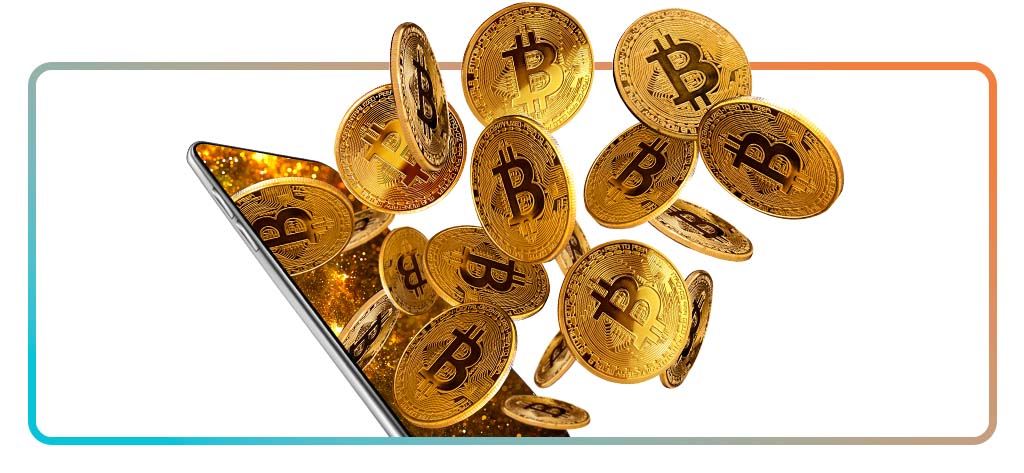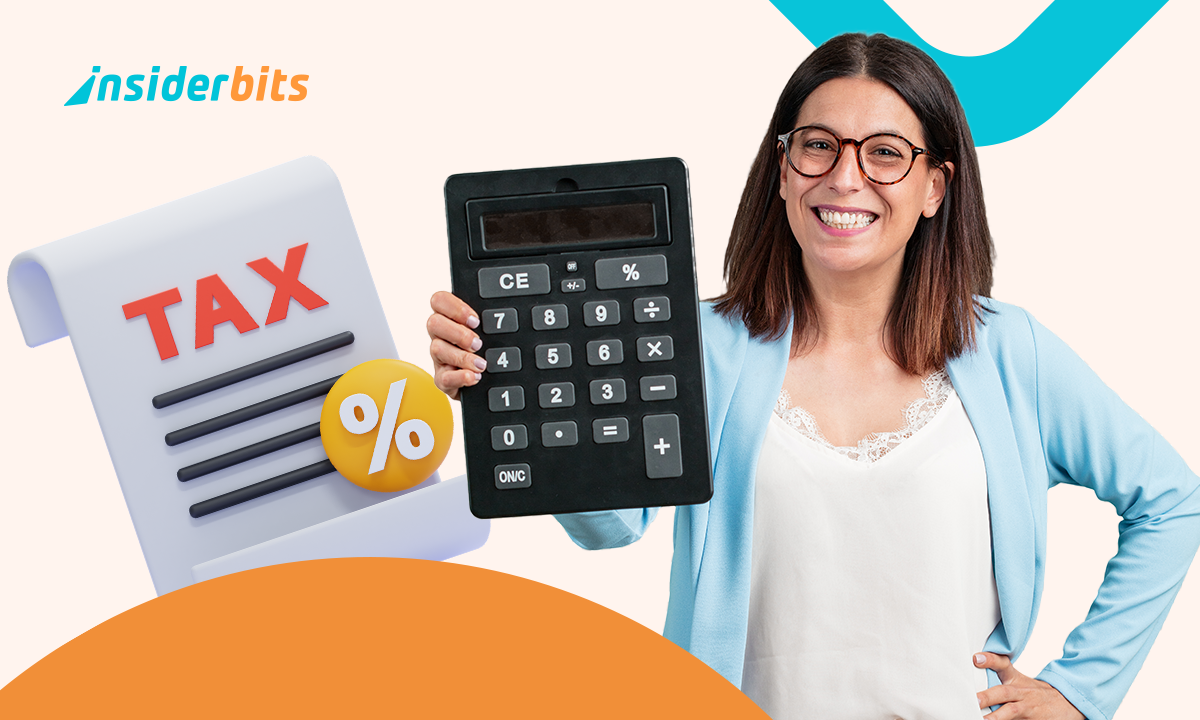Anonymous income is becoming a practical choice for those who value personal privacy while seeking financial independence.
Online platforms now allow people to earn without their identity in many cases. This shift empowers creators and investors to operate securely without sacrificing opportunities.
Navigating this space responsibly requires understanding tools and methods that protect your digital identity while ensuring legal compliance.
- 3 Real Money Rewards Apps
- 15 iPhone Games to Earn Money with No Scams!
- 5 Best Budgeting Apps For Couples to Manage Money Together
Anonymous Income: Ways to Make Money Without Showing Your Face
Opportunities for anonymous income have grown significantly across digital industries, such as content creation, graphic design, freelance writing, and crypto-based tasks, which offer flexible and discreet earning models.
This trend has enabled a wide range of individuals to build steady revenue streams without ever revealing identifiable details.
Nowadays, digital platforms support alternative identities, allowing users to engage with clients or audiences while protecting their real names and appearances from public exposure.
For example, some freelance sites permit pseudonyms or offer non-verification workflows to help users work autonomously without sacrificing professionalism or credibility.
Moreover, many successful creators operate under brand names or digital aliases, gaining income from online platforms.
This model appeals especially to those in sensitive environments or with concerns about online visibility, providing a safer space to pursue financial goals.
While anonymity offers freedom, it also requires strategic choices to ensure that income methods remain effective.
Ultimately, selecting a method that aligns with personal skills and privacy preferences increases the chances of long-term success while minimizing unnecessary exposure.

Selling Digital Art or NFTs Without Public Identity
NFTs and digital collectibles have opened a creative and profitable path for those who wish to earn anonymously while sharing original work with a global audience.
Through blockchain-based platforms, artists can sell digital art and unique assets without ever linking their real names or personal information to their creations.
Some marketplaces allow wallet-based registration, giving creators the freedom to mint and sell content using aliases or brand names.
This structure enables users to manage their online presence privately while maintaining full control over how their work is displayed and priced.
In these situations, transactions are typically handled through smart contracts, which automate the transfer of ownership and payment without relying on third-party intermediaries or personal interactions.
These contracts ensure creators receive royalties from future resales while keeping the identity of both buyer and seller protected through wallet addresses.
Such tools make it possible to participate in the digital economy while avoiding the exposure that comes with traditional e-commerce or personal branding.
However, analyzing market policies and privacy settings, along with crucial rules, is essential to prevent data leaks or unintentional account verification.
Freelancing Under a Pseudonym: What You Need to Know
Writers, designers, developers, and even voice-over artists increasingly rely on pseudonyms or branded aliases to offer services while preserving personal privacy.
This strategy allows professionals to work freely without exposing identifying details that could compromise their anonymity.
Many freelance platforms support account creation using alternative identities as long as payment processes remain valid. When combined with crypto wallets or privacy-focused payment tools, users can complete projects and receive earnings with minimal exposure.
A well-chosen pseudonym, supported by consistent branding and secure communication tools, helps establish a trustworthy presence while reducing the risk of doxxing or cyber harassment.
Some freelancers even maintain entire portfolios under these aliases to enhance credibility without tying anything back to their legal identity.
However, working under a pseudonym still requires attention to legal compliance, especially when signing contracts.
To avoid legal disputes or tax issues, anonymous freelancers must stay informed about platform policies and ensure financial reporting is handled correctly behind the scenes.
Using Crypto for Anonymized Transactions
Cryptocurrency offers a powerful method for earning anonymous income, especially when users rely on privacy wallets and decentralized exchanges with no identity verification.
Digital assets like Bitcoin allow earnings to remain pseudonymous as long as users avoid platforms that require procedures or identity disclosure.
Also, freelance marketplaces and even NFT sales often support crypto payments, enabling users to work globally without linking their name to each transaction.
In summary, to sustain long-term discretion, it’s important to select wallets that offer strong encryption and avoid services that store user data or monitor transfers.
Tools to Maintain Online Privacy While Earning
Firstly, using VPNs and privacy-first browsers is fundamental for anyone aiming to generate anonymous income safely and consistently.
These tools help mask personal details such as IP addresses that can otherwise be traced back to a real identity.
Therefore, pairing this setup with crypto wallets that operate independently of personal data offers additional protection during financial transactions and platform interactions.
With the right combination of privacy tools, users can build income streams while minimizing risks to both their digital security and legal compliance.
Anonymous Income: Making Money Online Without Revealing Your Identity – Conclusion
Earning anonymous income online is more feasible than ever, thanks to evolving platforms and privacy-enhancing technologies. From NFTs to crypto payments, users now have access to tools that preserve identity while supporting legitimate financial growth.
With an understanding of privacy strategies and legal boundaries, anyone can unlock new income streams without stepping into the spotlight.
Whether for personal safety or professional preference, anonymity no longer means giving up on digital opportunity.
Related: Crypto Wallet Apps: Secure and Manage Your Investments in 2025
Enjoyed this article? Save the Insiderbits blog to your favorites for more privacy guides and digital income insights!





